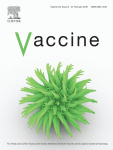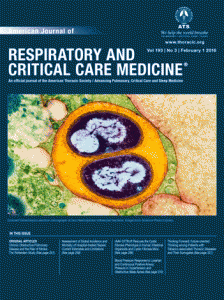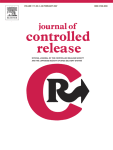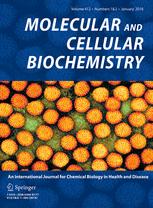 The editor in chief of Vaccine has removed a paper suggesting a human papillomavirus (HPV) vaccine can trigger behavioral changes in mice.
The editor in chief of Vaccine has removed a paper suggesting a human papillomavirus (HPV) vaccine can trigger behavioral changes in mice.
The note doesn’t provide any reason for the withdrawal, although authors were told the editor asked for further review.
Two co-authors on the paper — about Gardasil, a vaccine against HPV — have previously suggested that aluminum in vaccines is linked to autism, in research a World Health Organization advisory body concluded was “seriously flawed.”
Approximately 80 million doses of Gardasil were administered in the U.S. between 2006 and 2015. Both the the WHO and the Centers for Disease Control and Prevention have ruled the vaccine to be safe — the CDC, for instance, calls it “safe, effective, and recommended.”
The journal published an uncorrected proof of “Behavioral abnormalities in young female mice following administration of aluminum adjuvants and the human papillomavirus (HPV) vaccine Gardasil” online on January 9th, 2016. In its place now is a note that says:
Continue reading Journal temporarily removes paper linking HPV vaccine to behavioral issues







